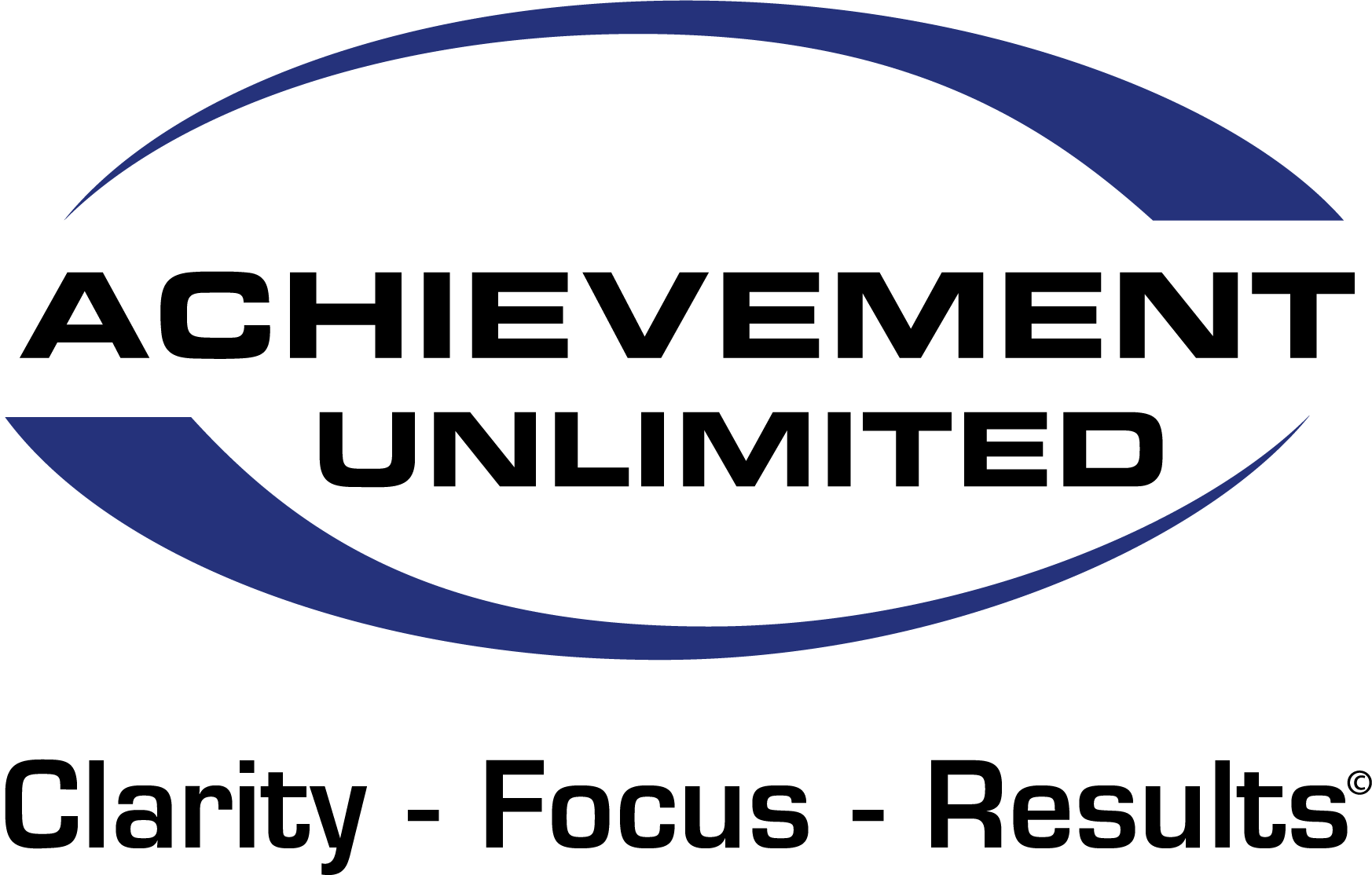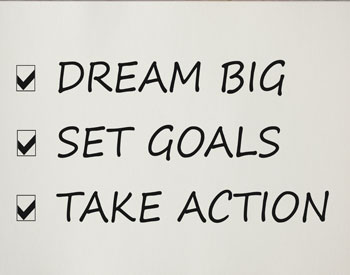The Primary Driver of Success

As business owners and CEOs, we are focused on increasing the bottom line. We establish goals to increase revenues, bring in new clients, and decrease unnecessary spending. We commit ourselves to understanding our organization and our industry, we are focused on our company’s vision, and we work with our teams to craft a clear strategic plan. We know the importance of hiring top performers and employee development, but we often neglect, or push aside, personal growth as leaders.
D. Wayne Calloway, former CEO of PepsiCo, once said, “I’ll bet most of the companies that are in life-or-death battles got into that kind of trouble because they didn’t pay enough attention to developing their leaders.”
Business leaders must consistently strive toward personal development for two primary reasons: They cannot improve or even maintain their results while staying the same, and they set the standard for their teams.
Leaders within organizations can be guided through this process by internal and contracted programs, but at the top of the hierarchy, business owners and CEOs are responsible to pave their own path. If they do not, the consequences are often devastating both to the individual and the organization.
Self-reflection and intentionality are foundational to personal growth. In his article, “Reflection Critical for Self-Improvement,” Allen R. McConnell explains how change requires two things: a goal and an understanding of where one is in relation to that goal.
In the pursuit of personal enhancement, leaders must identify who they desire to be and what they desire to accomplish both personally and professionally. Then, they must analyze where they are and what they need to do to reach their goals. This should be a life-long process that evolves as goals are accomplished and new ones are created.
Leaders who practice self-reflection are also more likely to behave ethically and morally. May Rollo, known as the father of existential psychology, said (man’s) capacity for ethical judgment … is based upon his consciousness of himself. Organizational leaders throughout history have caused substantial harm to not only themselves, their families, and their businesses, but contributed to severe ruin in the world economy and natural environment. The leaders with the most power have the highest potential for abuse. Leaders must consistently assess their personal motivations and seek advisement when necessary to avoid being overcome by the destructive nature of power.
If you want to begin or sustain your journey toward personal growth as a business owner or CEO, please join us at my next workshop, “6 Down, 6 to Go: A Mid-Year Tune-Up” on June 11. Click here for more information.
If you want to begin right now, you can download the Wheel of Well Being to assess your current ability to maintain balance in your life.




Recent Comments